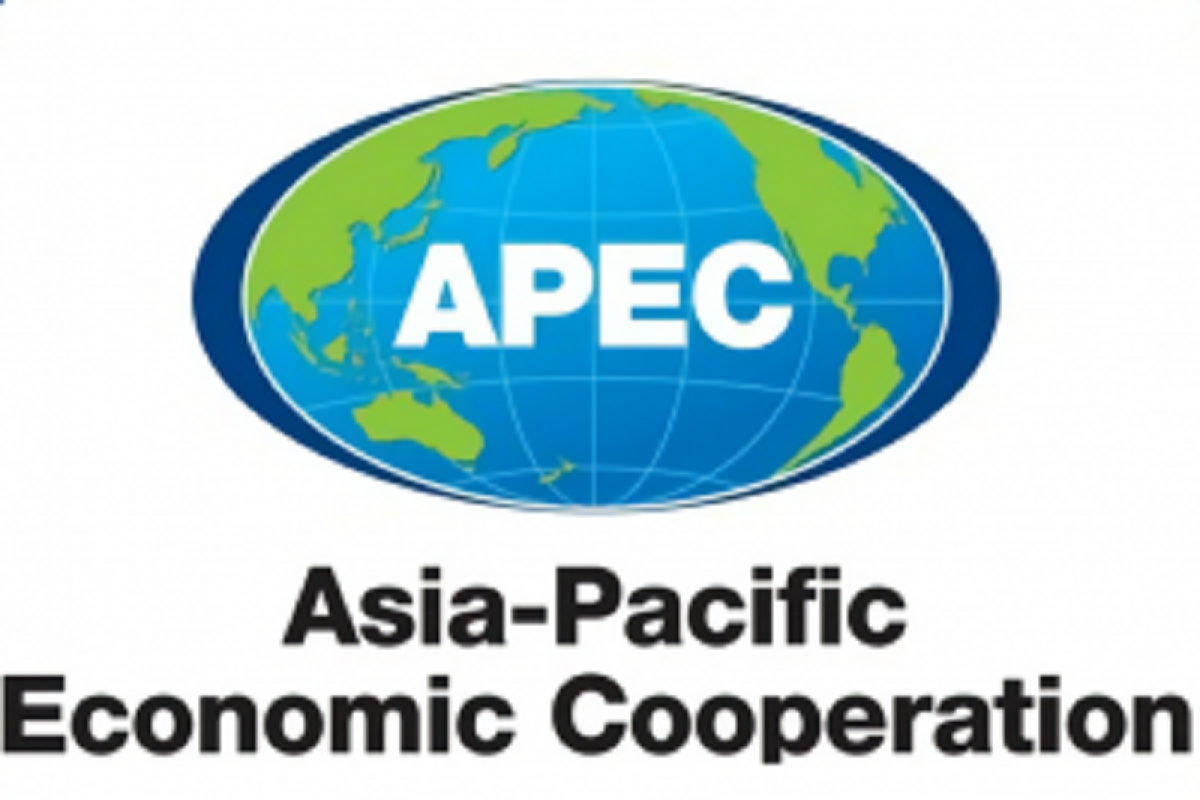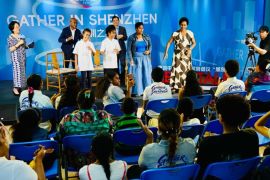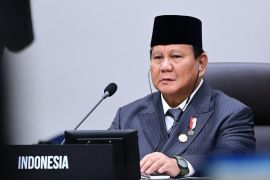Endorsed by APEC Economic Leaders in 2012, the APEC List of Environmental Goods gave impetus to the Environmental Goods Agreement negotiations in the World Trade Organization (WTO).
The APEC list comprises 54 products at the harmonized standard (HS) six-digit level, including solar panels, wind turbines, bamboo flooring, as well as environmental monitoring, analysis, and assessment equipment, according to a written statement issued by the APEC Market Access Group and received here, Thursday.
Nearly a decade down the road, member economies have endeavored to apply measures to adhere to the APEC list’s provisions of lowering the applied tariff rates to five percent or less to the 54 environmental goods and update the forum on their progress.
"Trade liberalization in environmental goods makes access to crucial environmental technologies easier and cheaper for both businesses and consumers," Helen Kwan, convenor of the APEC Market Access Group, who monitors the implementation of the initiative, stated.
"This is important for the region, as it facilitates green and sustainable recovery," Kwan emphasized.
With Indonesia’s announcement, 19 APEC member economies are currently fully compliant with the APEC Environmental Goods List.
"The APEC List of Environmental Goods is one of APEC’s significant success stories and represents the role of APEC as a regional forum where ideas are born and developed," Executive Director of the APEC Secretariat Rebecca Sta Maria stated.
"The progress made by Indonesia is very encouraging, and we look forward to the day when all members fully comply with the tariff reductions," Sta Maria affirmed.
APEC members are also delving into ways to further advance the work under APEC’s list of environmental goods by considering the regulatory, environmental, and technological changes that the region underwent over the decade. The discussions will be carried over in the Committee on Trade and Investment.
Apart from the APEC List of Environmental Goods, APEC’s Market Access Group also discussed initiatives in support of the WTO Agreement on Trade Facilitation (TFA), the significance of applying the Information Technology Agreement (ITA) Expansion, and plans on remanufacturing and rules of origin among other trade matters pertaining to market access.
"We will utilize this momentum moving forward to deliberate on policies and measures to incentivize sustainability and enable economic and trade policies to drive recovery," Kwan affirmed. Related news: APEC urges "greener new normal", adoption of circular economy
Related news: APEC 2015: Indonesia to advocate reduced tariff for development goods
EDITED BY INE
Reporter: Yuni Arisandy Sinaga
Editor: Suharto
Copyright © ANTARA 2021











